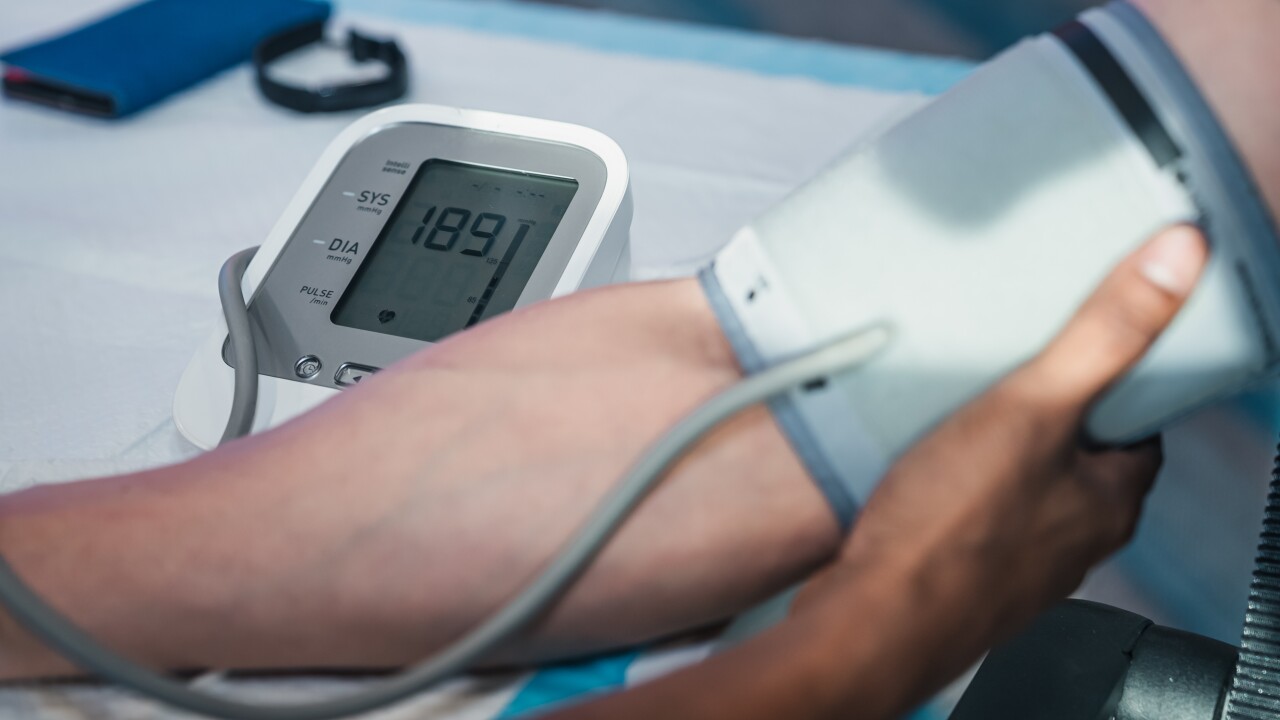Greetings, Savvy Senior
I had a nasty fall at home a few months ago, so I had to take an ambulance to the hospital emergency department. However, the ambulance company recently sent me a huge $1,050 cost. Ambulance rides are covered by Medicare, right?
Beneficiary Frustrated
Greetings, Beneficiary
Indeed, emergency ambulance services and, in certain situations, non-emergency ambulance services are covered by Medicare, but only if they are judged to be reasonable and medically required.
What does that mean, then?
First of all, it indicates that your illness must be severe enough that you require an ambulance to safely transfer you to a hospital or other facility so that Medicare can pay for the care you receive.
Medicare will not pay if you could be transported in a car or cab without putting your health at risk. Medicare, for instance, is unlikely to cover the cost of an ambulance to transport a patient with an arm fracture to a hospital. However, ambulance transport can be medically required to protect the patient’s safety en route if they experience shock or are at risk of internal bleeding.
The details make a difference.
Second, you have to be transported by ambulance to the closest suitable medical facility. You should anticipate paying a larger portion of the bill if you decide to be taken to a facility further away since your preferred doctor has staff privileges there. Medicare will only pay for ambulance transportation to the closest suitable facility.
If the travel would be too lengthy on the ground and jeopardize your health, Medicare may also cover an emergency flight by helicopter or airplane to the closest suitable medical facility.
Nonemergency Situations
In certain situations, Medicare may also pay for ambulance transportation even if you are not experiencing a medical emergency. However, in order to be eligible for this coverage, your doctor must issue a medical order certifying that using an ambulance is medically necessary because using alternative methods to get to an appointment could put your health at risk.
For instance, Medicare may cover the cost of transportation to and from a dialysis facility if you have a doctor’s prescription certifying that using an ambulance is medically essential after receiving a diagnosis of end-stage renal disease.
Additionally, if ambulance firms think Medicare might not pay in a non-emergency scenario, they must provide you with an Advance Beneficiary Notice of Noncoverage, or ABN. This informs you that if Medicare doesn’t pay, you will be held accountable for the payment.
Ambulance Costs
Depending on where you reside and how far you’re being carried, ambulance rides might cost anything from a few hundred to several thousand dollars.
After you’ve paid your yearly Part B deductible ($257 in 2025), Medicare Part B covers 80% of the ambulance rides that are approved by Medicare. The remaining 20 percent is your responsibility or the responsibility of your Medicare supplementary policy, if you have one.
In addition to providing some extra transportation services, your Medicare Advantage Plan must cover the same services as traditional Medicare. To find out specifics, consult your plan.
How to Appeal
If you believe the ride was medically necessary but the ambulance company bills you for services after Medicare rejects payment, you can file an appeal by going to Medicare.gov, then on Providers & Services, then Claims, Appeals, and Complaints. Request paperwork from your treating physician proving you required an ambulance to support your case.For assistance in filing an appeal, get in touch with your State Health Insurance Assistance Program (SHIP). For contact details, visit ShipHelp.org or give 877-839-2675 a call.
Questions and comments can be sent to Savvy Senior at P.O. Box 5443, Norman, OK 73070, or to [email protected].












